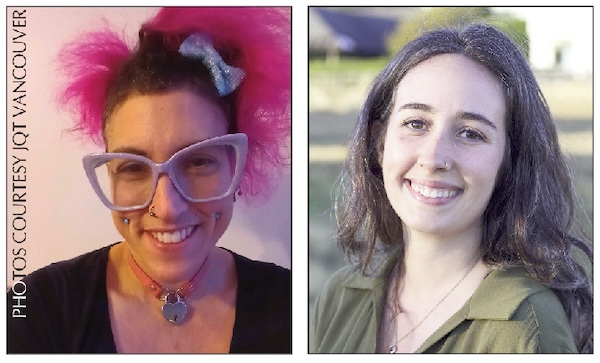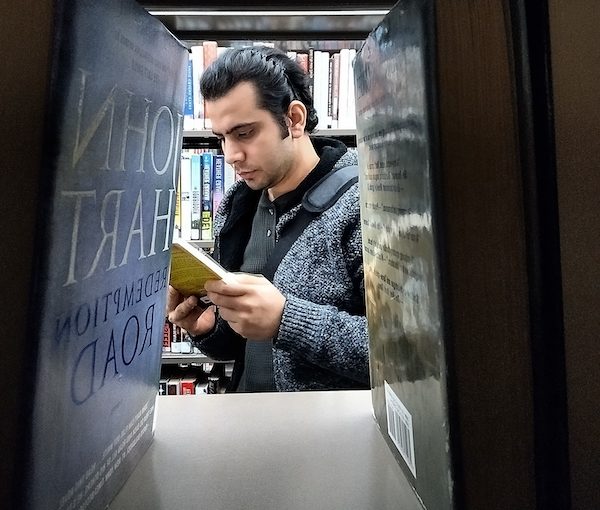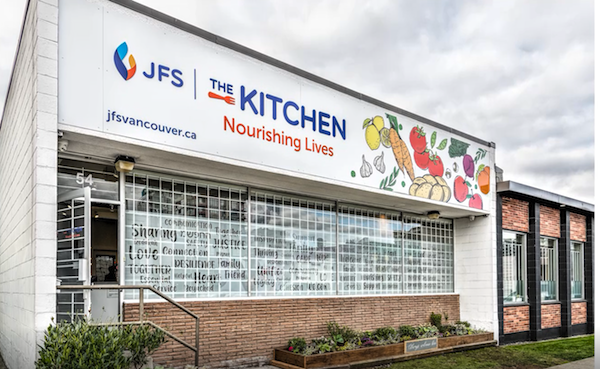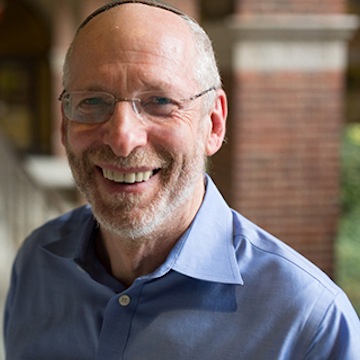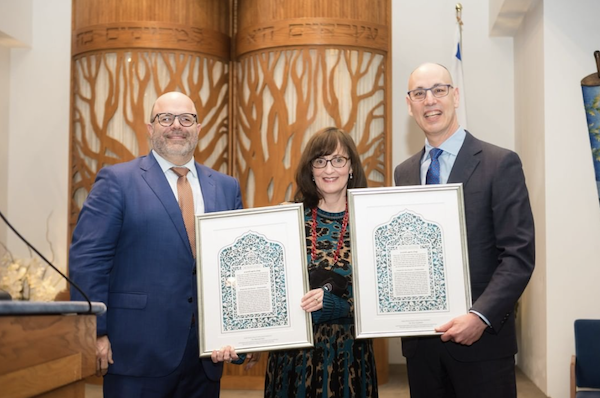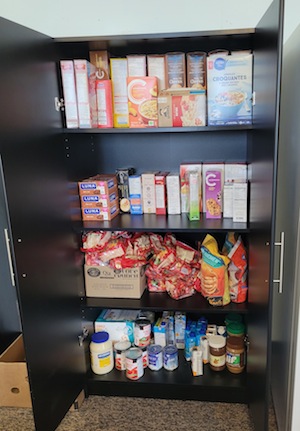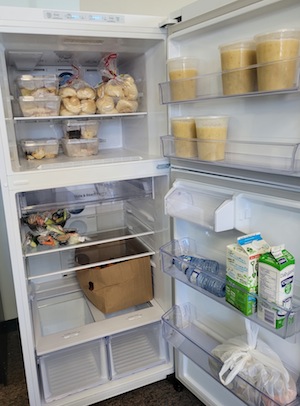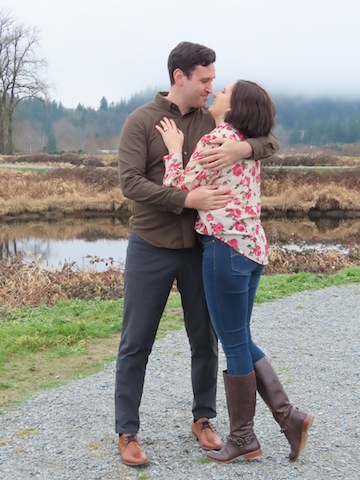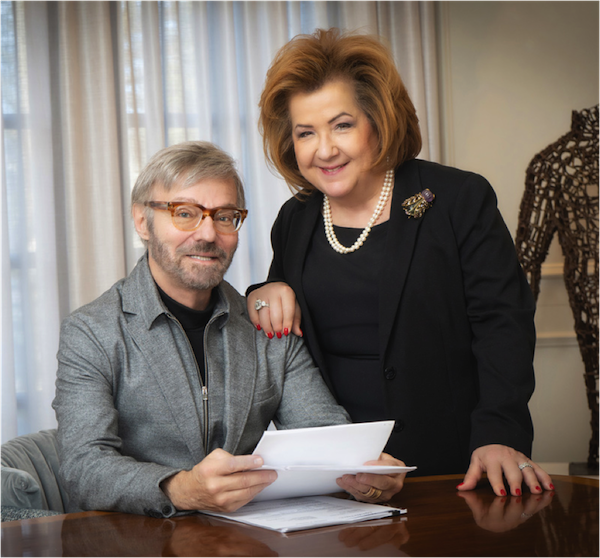The first session in the new JQT-JFS mental health series will be facilitated by Alycia Fridkin, left, and supported by Anat Kelerstein. Listen & Be Heard takes place Feb. 11, 1 p.m., at Or Shalom.
“JQT and JFS are working together to answer the Jewish LGBTQ2SIA+ community’s explicit request for more mental health support in our newly launched JQT Mental Health Support Series,” said Aviva Rathbone, JQT chair. “This series will offer a steady flow of targeted workshops and events throughout the calendar year to get the JQT community talking, moving, crafting, laughing, vibing and healing together.”
The new JQT (Jewish Queer Trans) Vancouver and Jewish Family Services Vancouver program begins Feb. 11, 1pm, at Or Shalom Synagogue with Listen & Be Heard, a gathering for Jewish queers, transfolk and enbys in an intentional space for sharing and listening to each other’s perspectives on the Palestine/Israel conflict, including recent events in Gaza.
Facilitated by Alycia Fridkin and supported by Anat Kelerstein, the three-hour session will address “the elephant in the room – the Israel/Palestine conflict,” said JQT executive director Carmel Tanaka. “This was already identified in our 2022 community needs assessment as an extremely taxing topic that continues to negatively impact our community’s mental health, regardless of one’s stance. It is important that we create spaces that are not binary and welcome all perspectives.”
Fridkin is an equity and anti-racism consultant in health care. Kelerstein is a registered social worker and clinical counselor.
The JQT Mental Health Support Series, made possible with the support of the Jewish Community Foundation of Greater Vancouver and private donations, was developed in partnership with JFS Vancouver, following a 2022 community needs assessment that identified mental health support as a critical service gap for the Jewish LGBTQ2SIA+ population. The new mental health series as a whole answers nine of the needs assessment’s 13 calls to action. (See jewishindependent.ca/thirteen-calls-for-action.)
Future programs in the mental health series currently include (subject to change) a mindfulness kiddush cup clay workshop with Reuben King; a spoken word/music jam evening with fanny kearse; a screening of Sarah White’s documentary film Not Quite That; a cross-cultural history talk and demo of mahjong with Tanaka; a theatrical performance of Florida! You Kill Me! with Berlin’s Nana Schewitz (sponsored by the Goethe-Institut); a belly dancing workshop with Rathbone; a townhall conversation on the needs of parents of JQT youth; a JQT Pride Party; drop-in group therapy sessions; and the launch of the JQT Mental Health Toolkit.
The next session in the series is JQT Death Café at Mountain View Cemetery on Feb. 25, at 1 p.m. A townhall-style conversation on the status of Jewish queer trans dying and death services in British Columbia, people are invited to come learn, bring questions and voice their ideas at this hybrid event hosted by the JQT Seniors Initiative.
Registration for the mental health series events is free and required in advance. Details can be found at jqtvancouver.ca/events. To donate to the series, visit jfsvancouver.ca/donate and type in “JQT Mental Health” as the designated program. To learn more about the series, go to jqtvancouver.ca/jqt-mental-health.
– Courtesy JQT Vancouver

